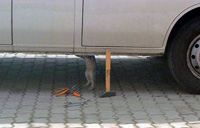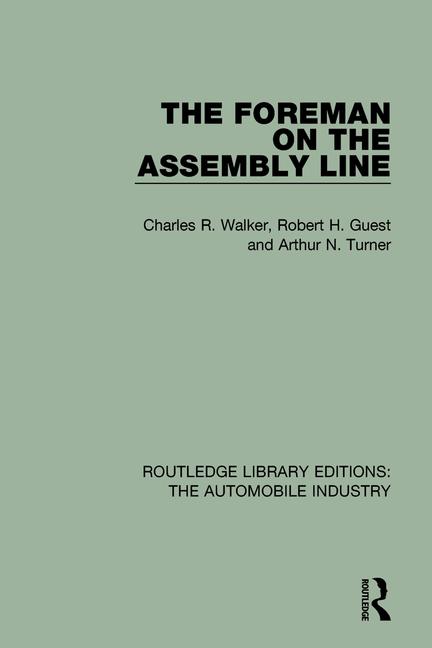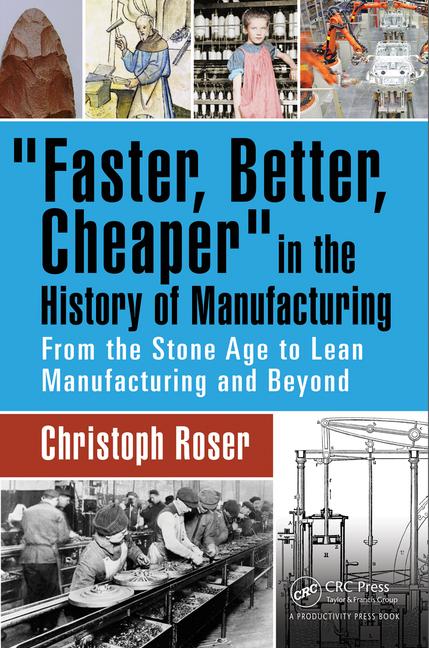
I’m being unkind. They aren’t all that fat. But they are cats-literally. For at least 20 years, a feral cat colony has thrived on the grounds of Chrysler’s assembly plant in Sterling Heights, MI. Workers feed the cats nightly, and some even set out insulated crates for them in the winter.
Cats being cats, the colony has grown considerably, and people have augmented the population by dropping off unwanted pets near the facility. Dozens of cats now roam the plant’s 286 acres.
Sadly, the Sterling Heights assembly plant is one of six facilities that Chrysler will close by December 2010 as part of its restructuring process. The plant, which employs 1,322 people, assembles the Chrysler Sebring and Dodge Avenger. The facility was originally built in 1953 to make jet engines. Volkswagen converted it to an automotive plant in 1980, and Chrysler purchased the facility three years later.
Now, Chrysler is working with animal clinics to remove the cats before the plant closes. Homes have been found for some kittens, but adult feral cats aren’t suitable for adoption. At least 24 have been trapped and either spayed or neutered so they can’t reproduce.
Alarmed, I went up to Detroit to see if I could get within a whisker of the story. There, I met with Mr. Bobo, head of the union representing the cats, the Pet Autoworkers (PAW). “We were promised lifetime employment and an endless supply of Friskies,” the tabby complained. “Now they’re kicking us out, taking away our kids, and cutting our @#$% off. It’s so unfair!”
Was there any truth to the allegation that PAW members were becoming a nuisance, venturing near dangerous machinery and creating odor problems on the shop floor? “Nonsense,” said the 7-year-old father of 12. “PAW work rules strictly prohibit us from doing any task that we weren’t originally hired to do.”
What about charges that mousetraps had been disabled throughout the factory? “Another myth,” hissed Mr. Bobo, showing his claws. “Even though the contraptions take jobs away from hard-working PAW members, we support productivity-enhancing technology.”
What would Mr. Bobo and the PAW do now? Would they head south and hook up with one of the Asian automakers? “Naw,” he purred. “We got twice as many mice with Chrysler. Besides, our contract requires Chrysler to set up a jobs bank for us. The company has to keep feeding and caring for us until they can find us jobs at other facilities. It’s perrrfect.”
Well, it seems the cats of Sterling Heights will be taken care of after all. As for Chrysler, GM and Ford, let’s hope they have nine lives, too.





